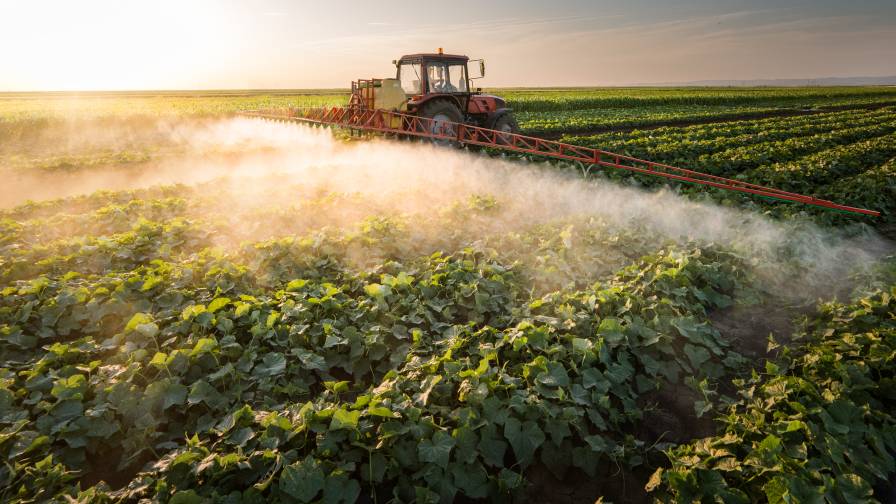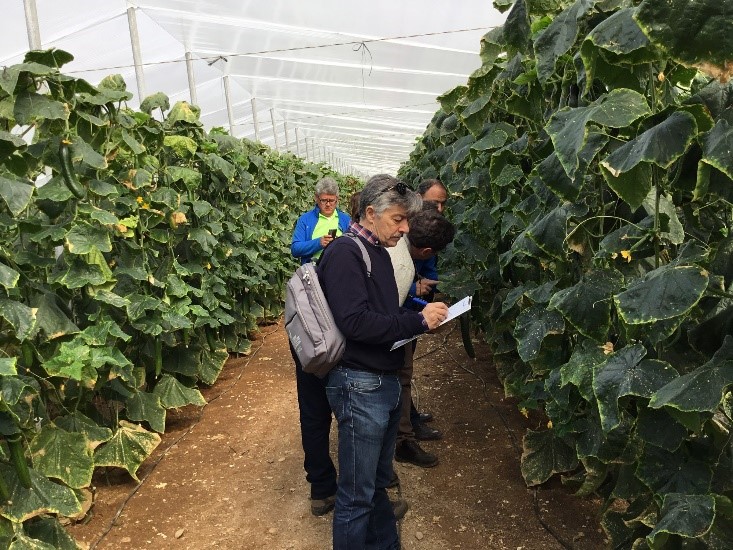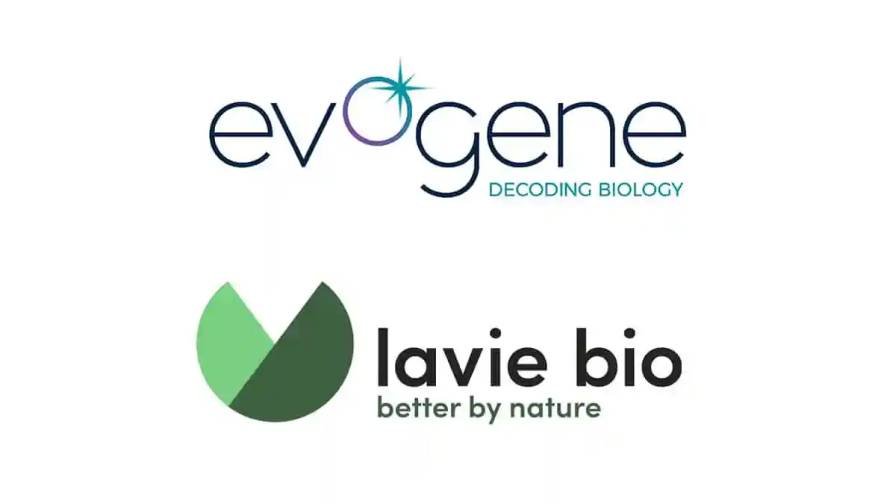Vietnam: Top 10 In Textiles
Since 2006, five new private textile companies with capacity of 100,000 spindles or more have opened, according to the U.S. Department of Agriculture’s Foreign Agriculture Service (USDA-FAS). The increased investments have created greater demand for cotton in the country, which already relies heavily on imports to feed its mills.
According to Vietnam’s Customs Office, in 2005/06, Vietnam imported over 700,000 thousand bales of cotton fiber with a value of US $178 million. Cotton imports through the first 9 months (August–April) of marketing year 2006/07 were 736,000 bales, almost 5% more than total imports for the entire 2005/2006 season.
USDA-FAS estimates Vietnam’s 2006/07 cotton imports will grow to 964,000 bales to keep pace with demand from the textile industry. Cotton imports for 2007/08 are expected to increase by 5% to 7% percent to 220,000 metric tons (1,009,000 bales).
| Vietnam’s Cotton Import Partners In metric tons. |
|||
| Country/Region | 2004 | 2005 | 2006 |
|---|---|---|---|
| West Africa | 70,660 | 66,000 | 62,500 |
| U.S. | 43,618 | 39,000 | 37,771 |
| India | 3,125 | 8,500 | 34,720 |
| Mexico | 5,028 | 6,000 | 8,500 |
| CIS | 1,560 | 6,000 | 6,500 |
| Source: U.S. Dept. of Agriculture | |||
The Law Of Cotton
The Vietnam Cotton Co. (VCC) was the leading state-owned company in charge of the national cotton development program, which used to be strongly supported by the government and state-owned textile mills. As part of the commitment under WTO to reduce support programs, the government has been promoting equalization of state-owned enterprises, leaving VCC and major textile mills (Viet Thang, Thanh Cong, and Thang Loi) to become joint-stock companies with shares sold to the public.
In August 2005, the government issued a decree to provide the legal framework for genetically modified (GM) crops in Vietnam. The Ministry of Agriculture and Rural Development (MARD) has written the regulations for field trials of biotech crops, but it is still under review and has not yet been approved. Biotech cotton, corn, and soybeans are the three crops being considered for field trials once the regulations are approved.





